AM: I think that’s amazing. I’m originally from the Midwest. So coming to NY, I came here in 2002, and the diversity of foods and flavors, we didn’t have that in the Midwest at that time that I was aware of. So I spent the first 2 or 3 years tasting all of these different things that I had never had including hummus, tabouleh, but I would go to the East Village and all of the places to get it. I loved it, but I always wondered if there was more to this cuisine than just street food. Although it was really tasty, I wondered what it would be like when elevated and I didn’t really known anything beyond that.
Then your restaurant opened. I think it was in 2008/2009 when I went and I was blown away. It became a place that if people asked me for a business meeting where I wanted to go – ilili, NYFW – ilili, my birthday – all the occasions. My family, they loved it. We’ve had our business meetings there! Just the food and the warmth, the space is so large and the hospitality that is shown just makes it such a beautiful place. I’ve been introduced to more beautiful foods in this cuisine because of your restaurant that makes it a place that I always want to go to.
CHEF PM: Thank you!
AM: Yes, so thank you for that!
CHEF PM: That’s very kind of you!
AM: Yeah!
CHEF PM: You asked me about why the staff is so customer friendly driven. So when we were in the hotel, every guest was a family member. They were all in their homes and our homes. We took care of guests in a way that whatever the request, whatever needs, met whatever anticipation that we could think of! We had a box of cigars that we would pass around to the big spenders and they got complimentary cigars from the maître d. If one of our employees had an apple grove in his village, we would bring apples from the village and distribute them and send them by car to every guest. We really went out of our way to be almost extended members of the family of our guests. Besides being in a war, that was the level of hospitality that we had grown up. I made it very clear to our staff that there was was no no in ilili and that every guest matters and a grace and a hospitality are fundamental to the cuisine as well.
Now the mere fact that you’re not having a linear experience in the context of an appetizer, main course, and dessert, and the fact that you have Thanksgiving every time that you’re eating here. That helps also! It breaks the ice, it’s more festive and you’re less guarded. The tension at the table is substantially subdued because the celebration starts the moment that you sit down and you’re getting all of these different plates that are coming down. So the concept helps, but it also has to do with the company culture. We take care of our employees in NY the same way that my grandfather and father did in Lebanon. We married our employees, we helped them buy their first homes, we helped send their children to college, we helped a guy propose to his wife! These are the things that we did. So, I consider my staff as important to me as my guests. I go out of my way to do the best that I can in that environment in the hopes that they pay it forward to the guests. It works. Don't get me wrong, we have days where we fall flat on our face – we’re not perfect and people have bad days, so what, it’s not the end of the world. we're human beings we're not robots.
There’s a certain beauty – restaurants are a snapshot of life. It‘s an amazing ecosystem where you have one table that’s celebrating, another table that’s mourning, another table that just met, an employee that had a bad day. The amount of psychological energy that exists in a restaurant is just amazing and we try to keep it light and fun and the food helps to do that.
AM: It definitely shows. I used to be a person that could never eat by myself for lunch and I would have such anxiety about it. I remember one day, I was really craving going to lunch at your restaurant it was during NYFW and I was in between shows, but I was alone. The care was so sweet that it actually broke the issues I had with solo dining when I wanted to eat alone.
CHEF PM: That’s so sweet!
AM: Haha yeah I don’t know I think when you’re growing up as a kid, you never wanted to eat by yourself, but there are times when you’re in the city that you’re not going to be able to have someone with you. I didn’t know if it was going to be weird, but the staff was amazing and I really enjoyed it.
CHEF PM: Yeah and also, the fact that you’re not eating only with a fork and knife, you have the pita and you can scoop the food, and you have the lettuce and you scoop on the Tabouleh, that interactivity breaks down some of the rigidity of the dining experience. This is why we open the door to the cuisine and we planted the flag. I’m so happy now that there are plenty of restaurants in this field that are serving this cuisine.
I think it’s because society is shifting a little bit. So small plates and what I like to call, the Thanksgiving Effect, is something that we crave now. We’ve become a lonely society and so our only friction points with our fellow human beings are when we go out dining. It’s really – if you think about it, you used to go out shopping and you rubbed elbows with people. You're ordering everything online. You used to go to the super market, everything is online – at least if you’re in the big cities. Because you don’t have time to go. At 3 o’clock you have done your shopping list – you don’t have time to go there for 45mins. So, restaurants, in my humble opinion, are the last and only area to feel human warmth and to have human friction which is so vital and important to our collective wellbeing when you think about it. It’s becoming a big problem and COVID has proved that to be a 1000th multiplier. So yeah, what better way to do it than to share food?
AM: Absolutely!
What are the spices and ingredients that are indicative of Lebanese cuisine for those that are not familiar?
CHEF PM: Allspice, cinnamon, cloves, nutmeg, sumac, and aleppo pepper are generally used. You then have coriander, ginger, and of course, all of the herbs. But in sticking to spices, usually, you’ll have wherever you have allspice, you’ll have cinnamon that’s right behind it. There’s just a bit of hint of it. It’s never like cinnamon only. That’s usually what you will taste taste in a lot of the vegetarian stews, whether it’s okra stew, eggplant stew, or string bean stew. Remember, the cuisine originally is a vegetarian cuisine.
People did not have money to buy beef or to slaughter a goat or a lamb frequently. You slaughtered a goat or a lamb on the rare occasion that you could afford to do it or if it was a religious holiday. So people were eating an overwhelmingly vegetarian diet. So, all of those stews would be made with these spices.
The way that I like to do it to make it simple for the readers out there, whenever you have 1 part allspice, you’ll have half a part cinnamon, you’ll have 1/4 part clove, and 1/8 part nutmeg. So if you do that blend, then you’ll get yourself there if you want the Lebanese palette when it comes to the seasonings. Now keeping in mind that Lebanon was on the tailend of the Silk Road. The caravans used to buy spices, seasonings, and silk. Lebanon was a silk exporter and the economy fundamentally at that time was silk. So, you have a lot of movement between Asia and the Lebanese coast going out to Turkey and Aleppo, Syria so eventually, we did get stuff that were influences from China and it’s quite interesting that for example, we have a bread that we make on an inverted wok and I’m always scratching my head to wonder if we got that from the Chinese or did they get it from the Lebanese – who took it from whom? Or who borrowed it from who?
But usually in our cuisine, seasonings are behind the ingredient. They are not ahead of the ingredient. They let the ingredient sit on the throne and if you want, the seasoning comes as a caress and a whisper, but not as a punch. That’s what makes the cuisine light. Don’t forget that if you over season, it’s not so good for your digestion. A lot of people have allergies that they are not aware of. They don’t understand that sometimes they go to restaurants and eat and they feel light, and then others it’s like they just poured a pound of concrete in their stomach. Well, it’s because of the balancing act that you have to do and I myself, you know, suffer from a lot of digestive issues. So, everything I do, I consider myself the Guinea pig. So if this works for me, it will work for my guests. I really take care to ensure that I am giving you the lightest and most tasteful version of the cuisine, keeping in mind your wellbeing as well.











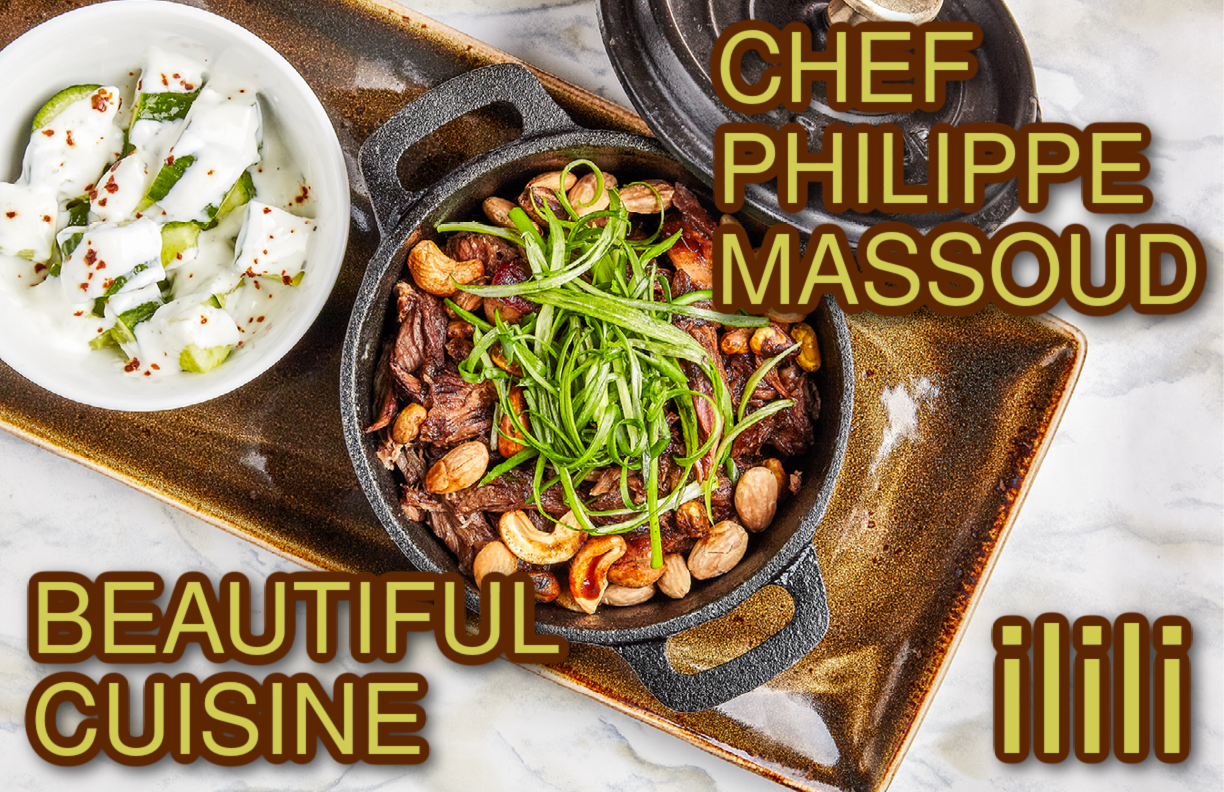
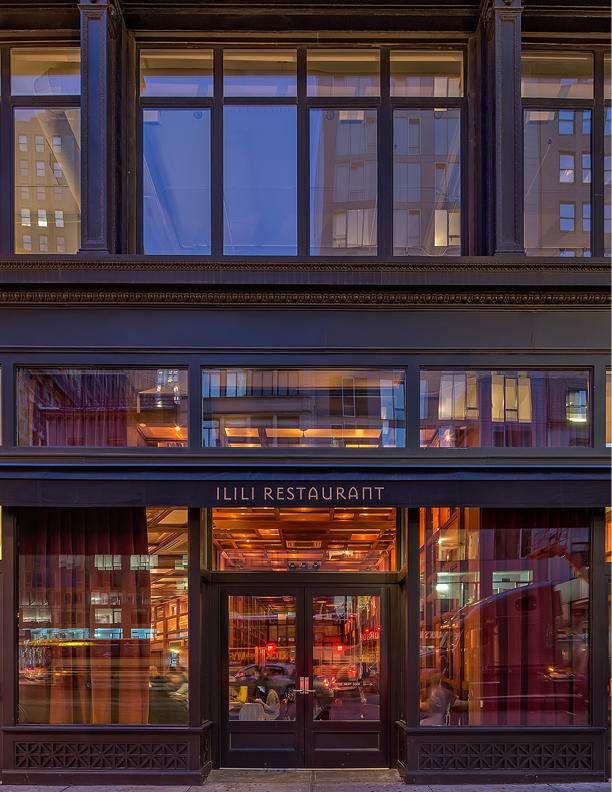

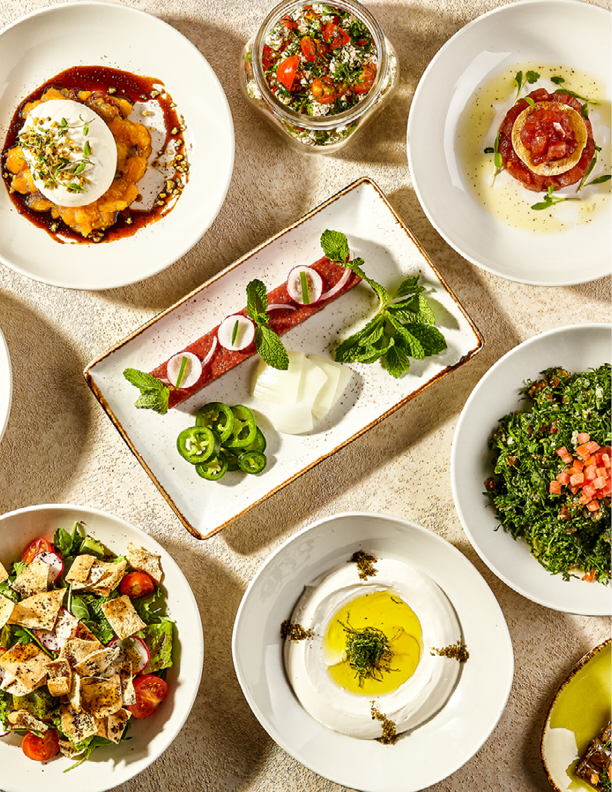

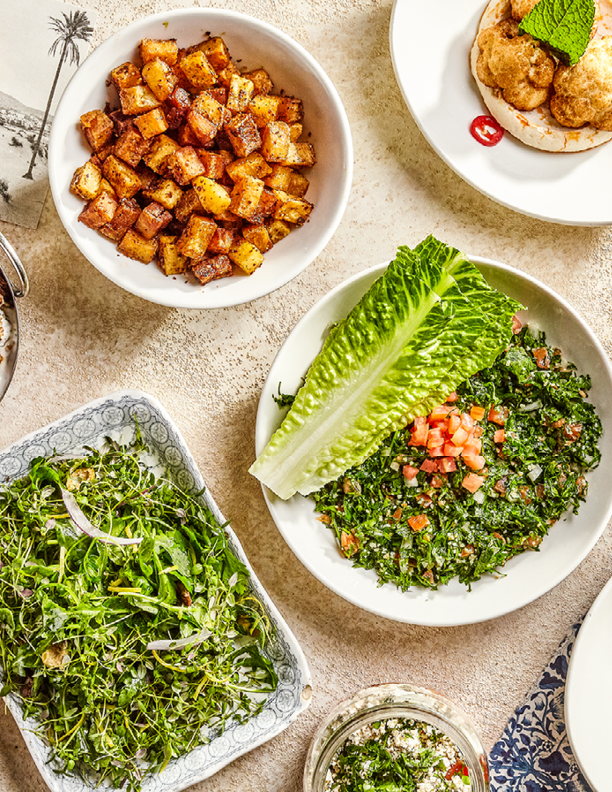
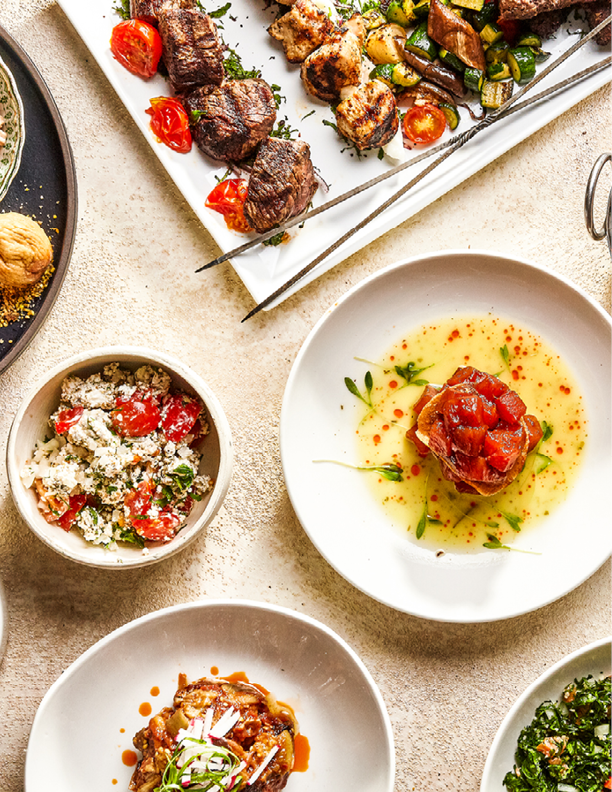
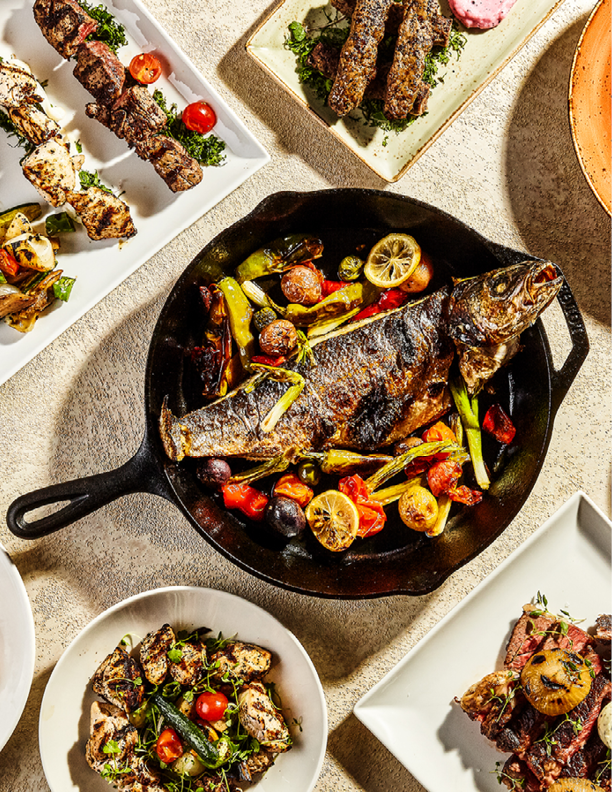
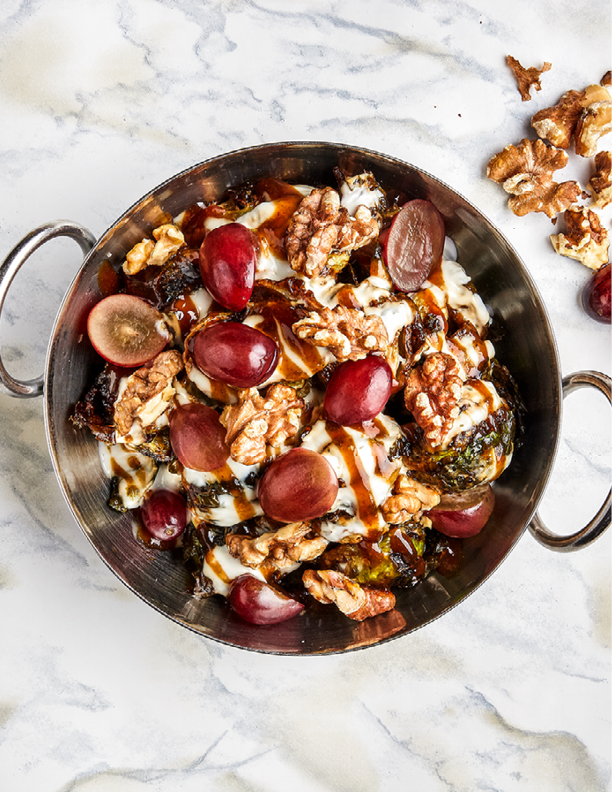
































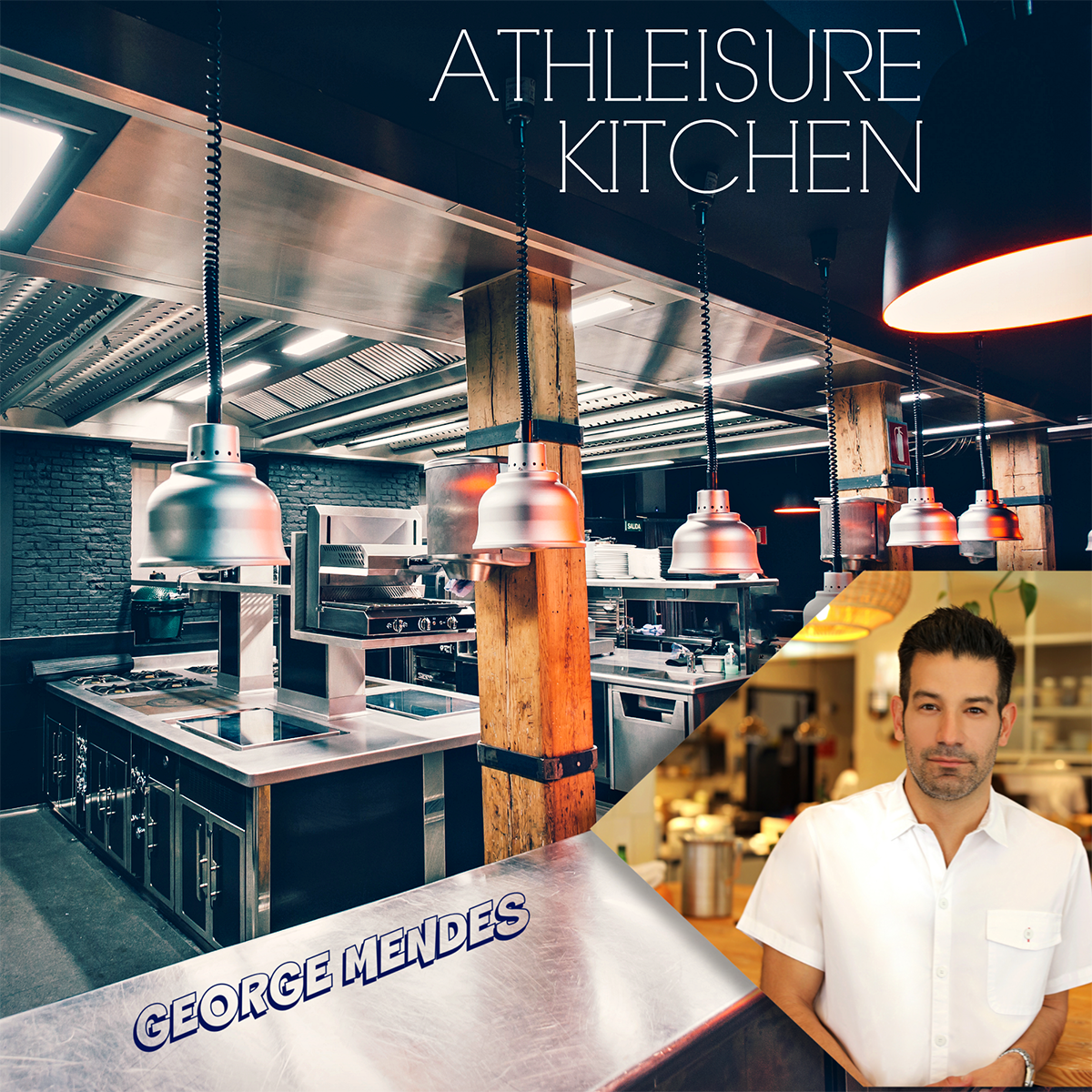
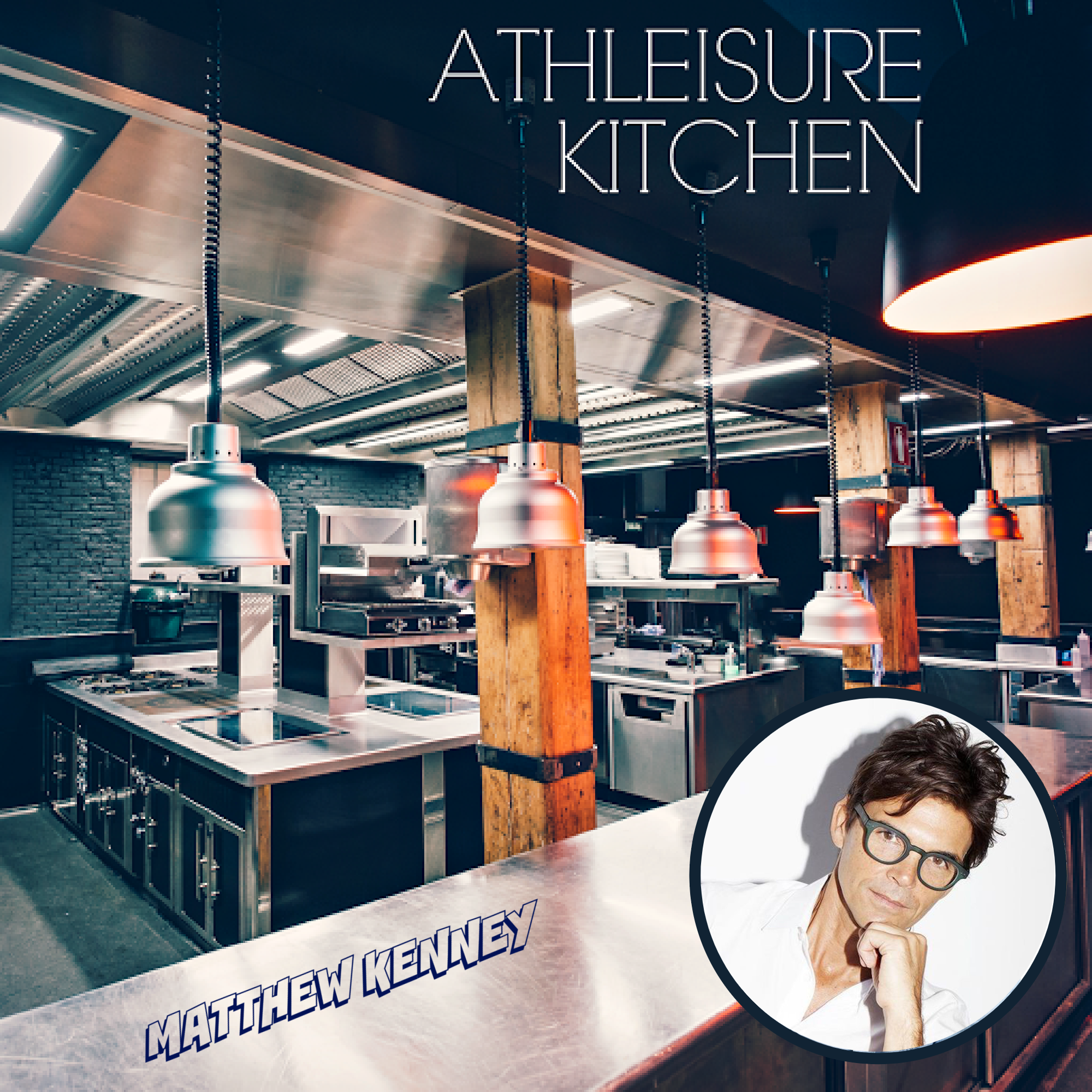
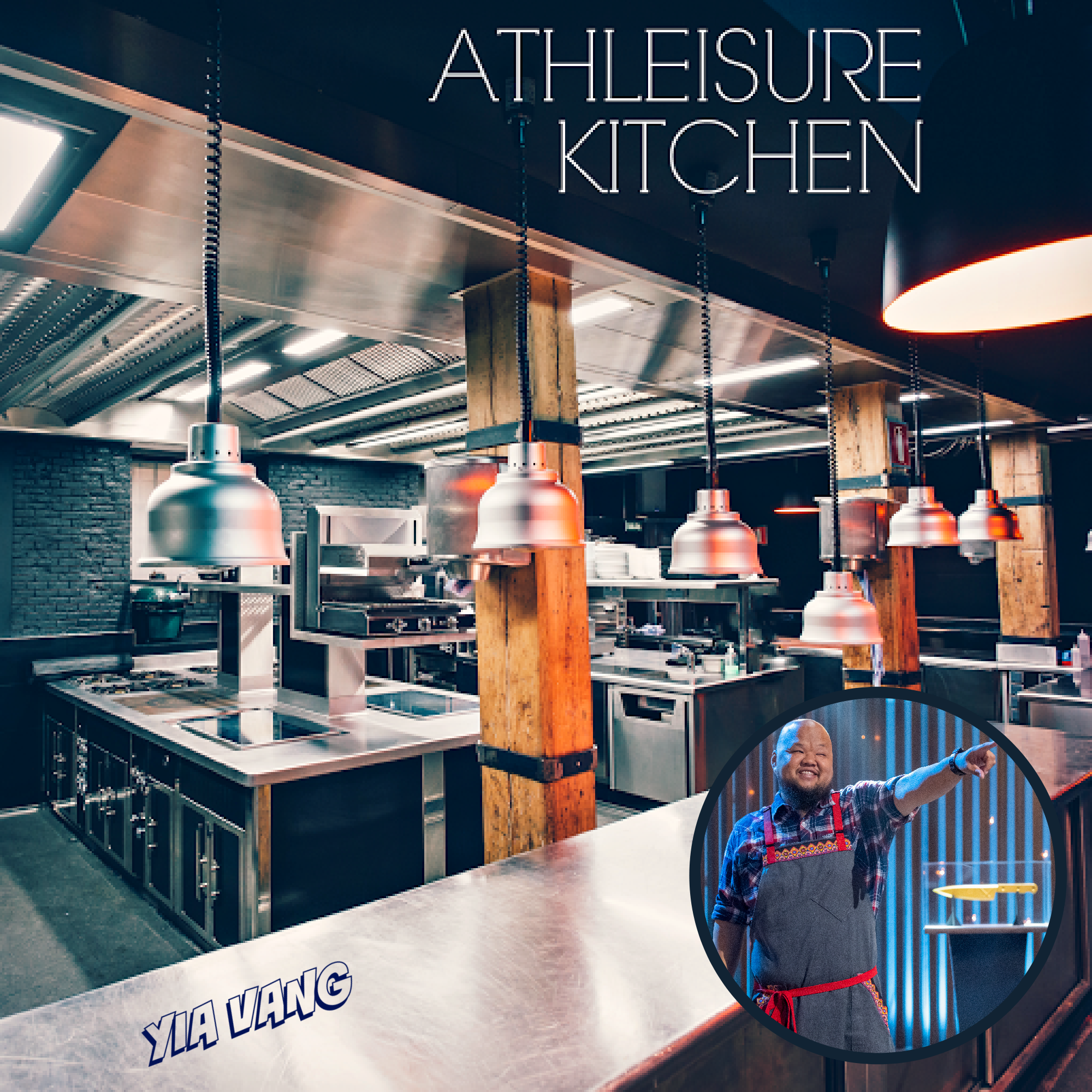


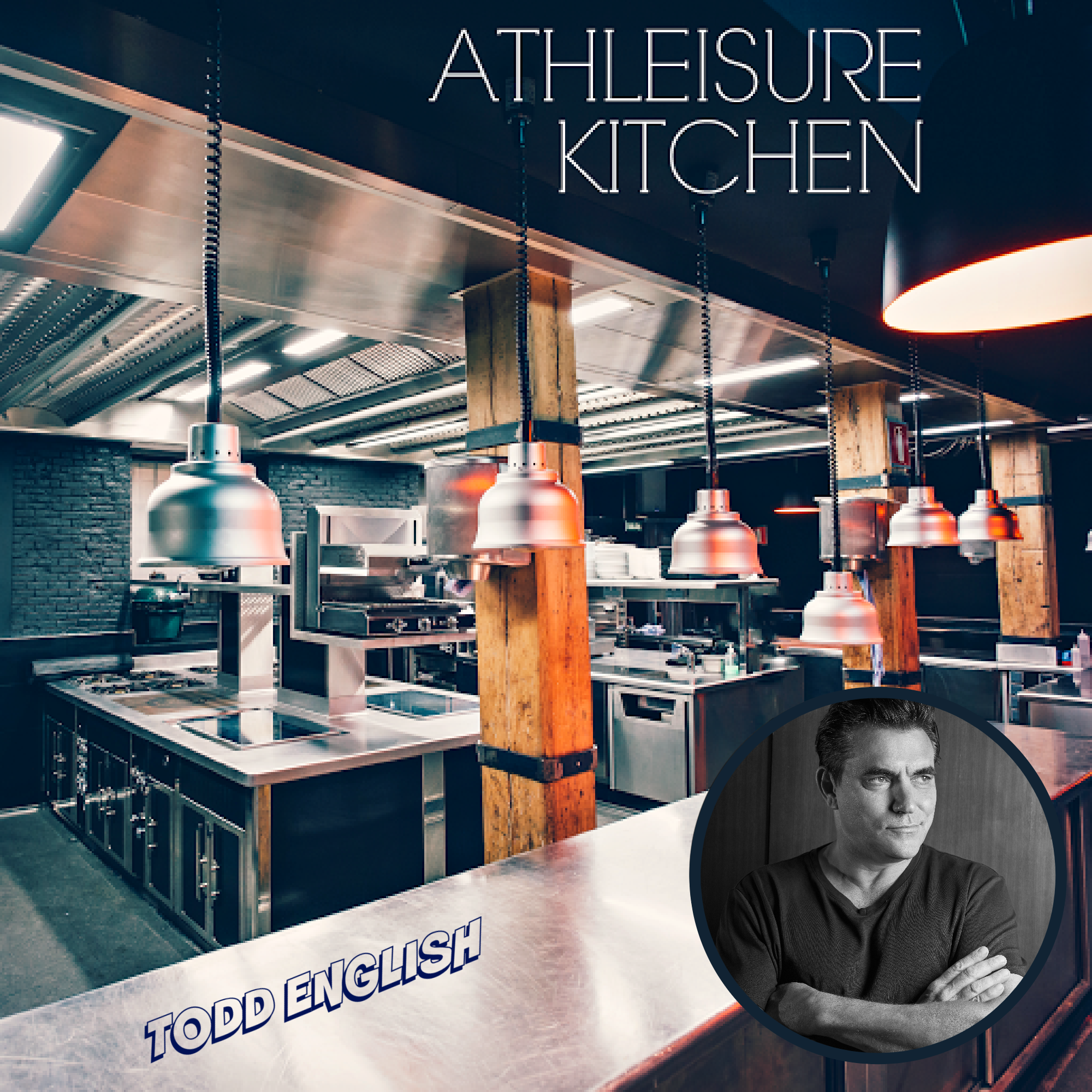

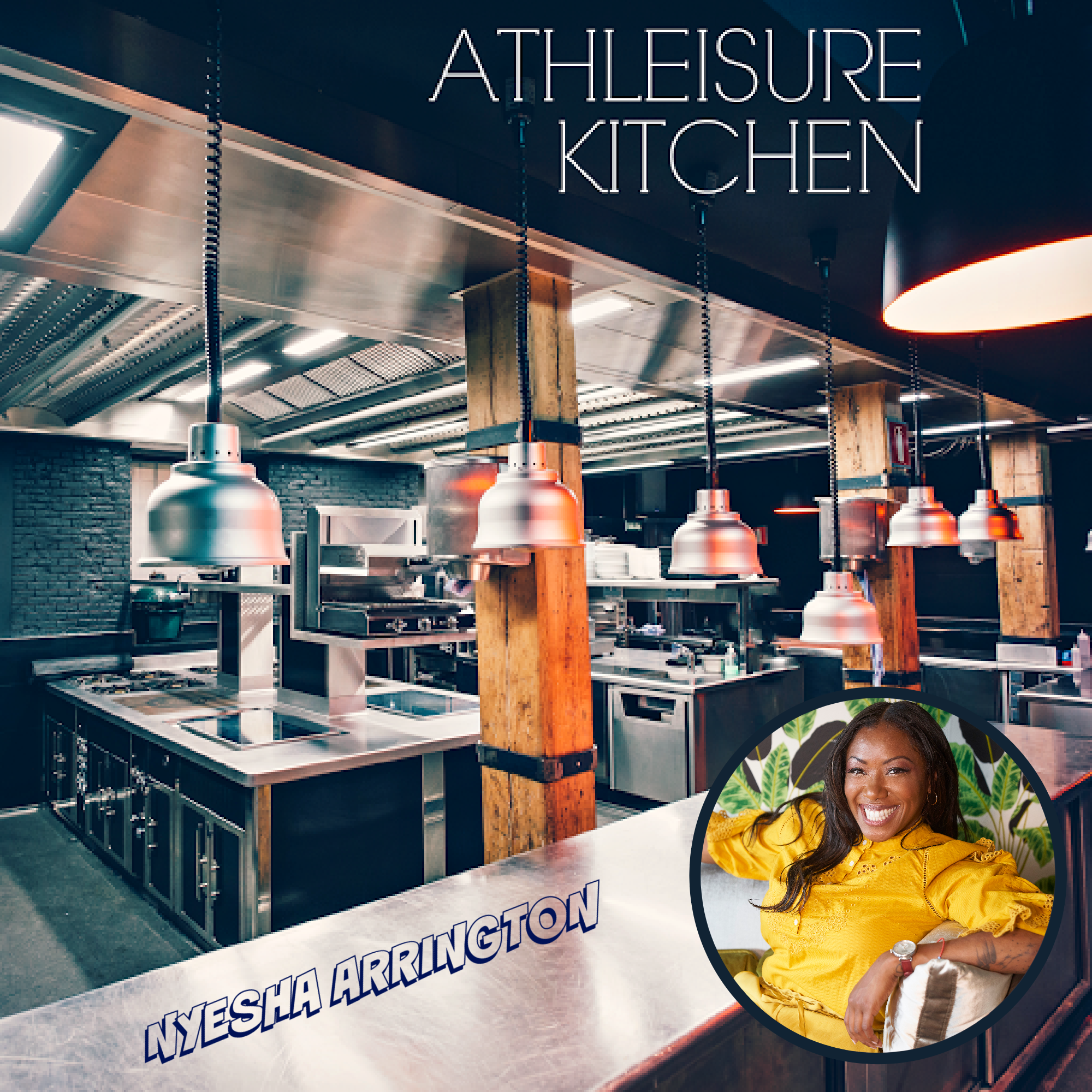
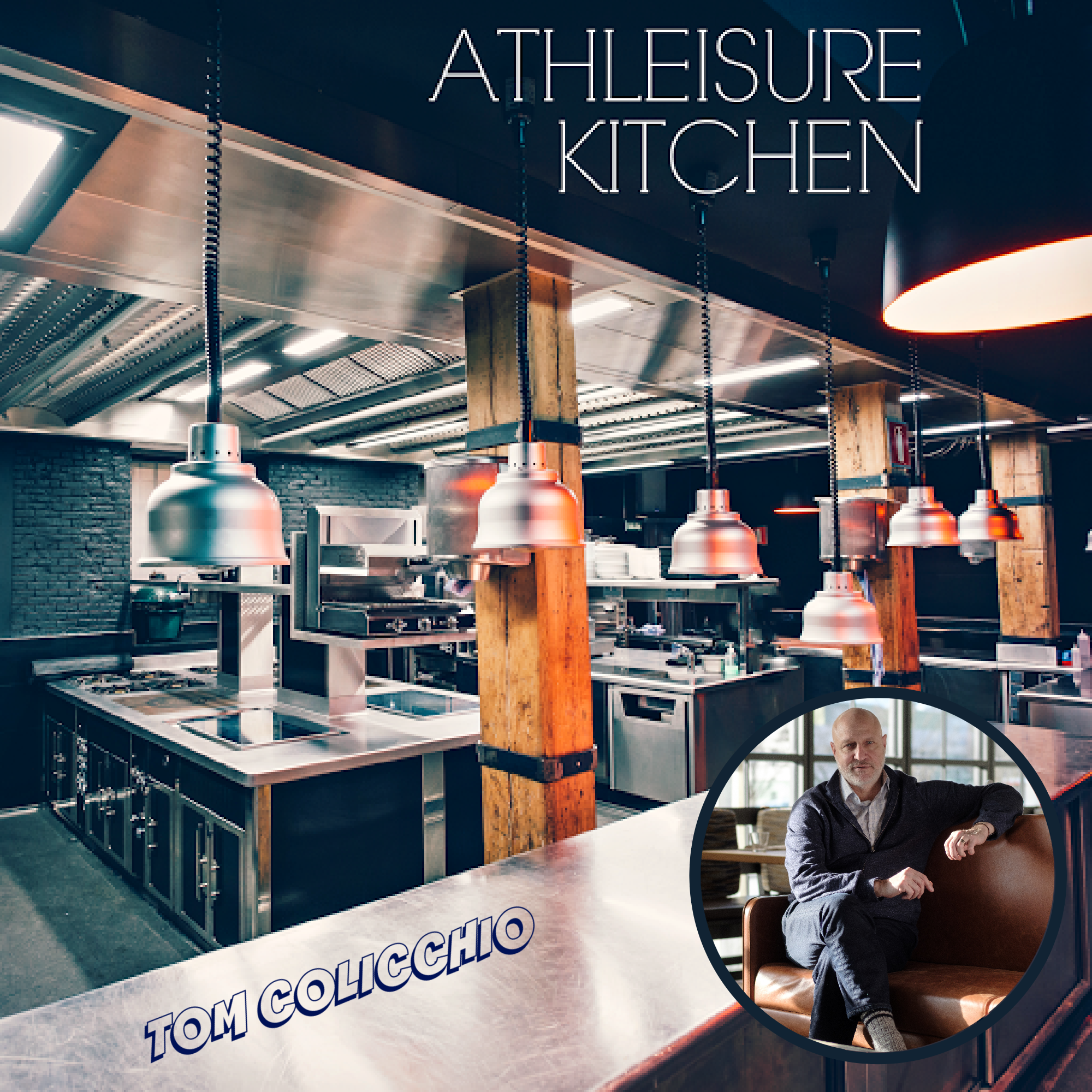










![DSC_3133[3].JPG](https://images.squarespace-cdn.com/content/v1/55982406e4b014bac5e42764/6ceb9e82-fe18-4e43-ac88-2887e52481bd/DSC_3133%5B3%5D.JPG)





























































